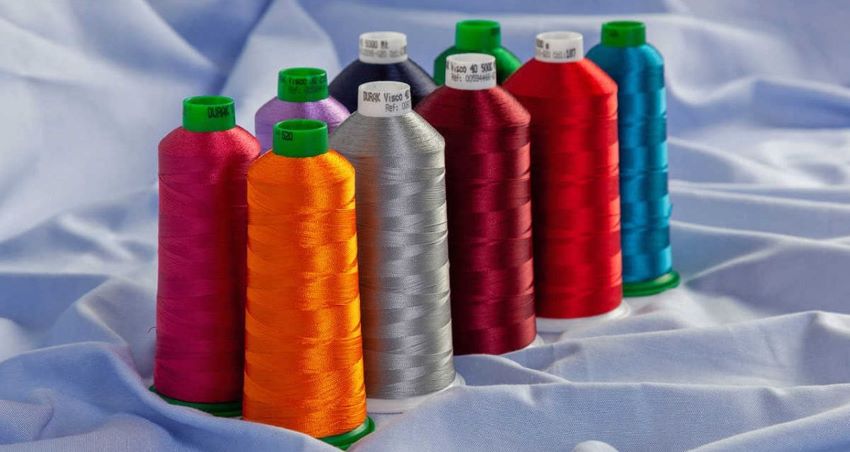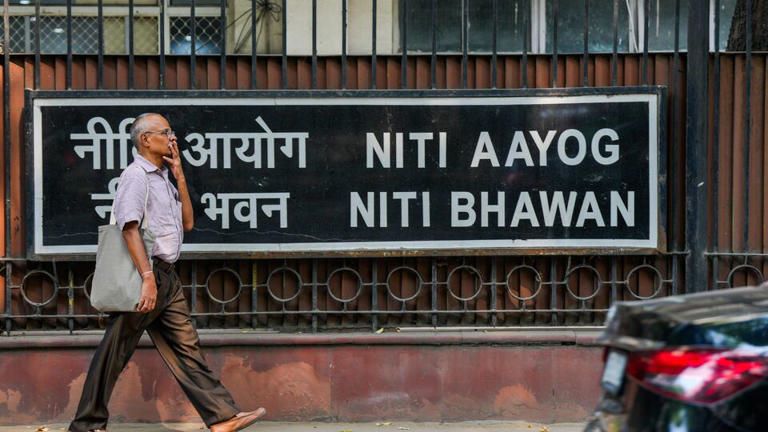Textile millers have expressed deep concerns over the ongoing challenges facing Pakistan’s textile industry, which is underperforming in export markets by a significant $9 billion below its potential.
A high-level delegation from the All Pakistan Textile Mills Association (APTMA), including Kamran Arshad, Chairman; Asad Shafi, Chairman-North and Naveed Ahmed, Chairman-South recently met Ali Pervaiz Malik, Minister of State for Finance and Revenue, and senior officials from the Federal Board of Revenue to address the industry's pressing issues.
The delegation acknowledged the positive impact of Pakistan’s successful negotiations with the International Monetary Fund (IMF) for a $7 billion loan program, crucial for stabilising the country’s economy. However, while they commended the government’s efforts to reduce cross-subsidies in industrial power tariffs, they stressed that more needs to be done to make electricity prices competitive within the region.
Currently, the industrial electricity tariff in Pakistan is around 15 cents per kWh, significantly higher than the 6-9 cents per kWh in neighboring countries like India, Bangladesh, and Vietnam. The millers also raised alarm over the government’s agreement with the IMF to halt gas supply to captive power plants (CPPs) of industrial units by Dec 2024. APTMA warned, industries relying on gas-fired power are unlikely to transition to the national grid due to the high cost of electricity. If gas supplies are cut off, many industries may seek alternative energy sources or be forced to shut down operations.
Another key issue discussed was the withdrawal of the zero-rating facility, or sales tax exemption, on local supplies required for manufacturing export goods under the Export Facilitation Scheme. The removal of this exemption has caused exporters to switch from domestically produced inputs to imported raw materials, as the 18 per cent sales tax on local supplies—though refundable—takes months to process, straining liquidity and driving up production costs.
This policy change has severely impacted the spinning sector, noted APTMA. By June 2024, yarn production had dropped by 41 per cent, while cotton yarn imports increased by 435 per cent Y-o-Y in August 2024. Over 40 per cent of spinning units have been forced to close, resulting in widespread unemployment and loss of livelihoods.
The association also raised concerns over the misuse of the Export Facilitation Scheme, where yarn imported under the scheme for exportable goods is being illegally sold in the domestic market. This practice is harming the local textile industry and undermining its competitiveness.
The delegation urged the government to reconsider its policies, particularly regarding energy pricing, tax exemptions, and the misuse of import schemes, to help revive the textile sector and restore its potential in export markets.












